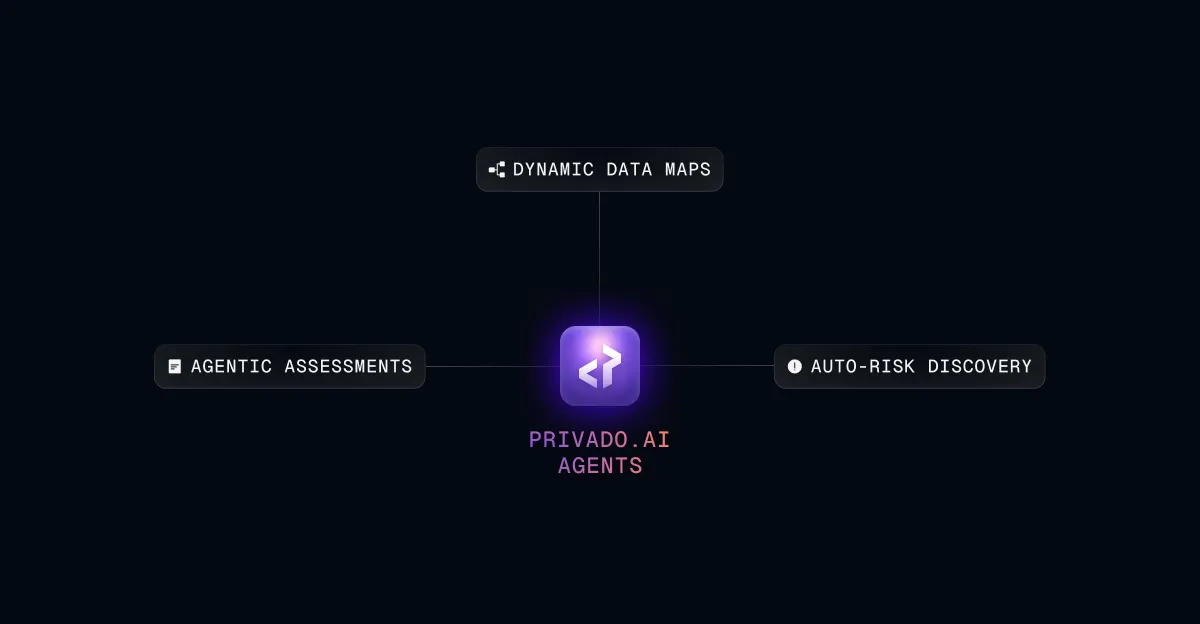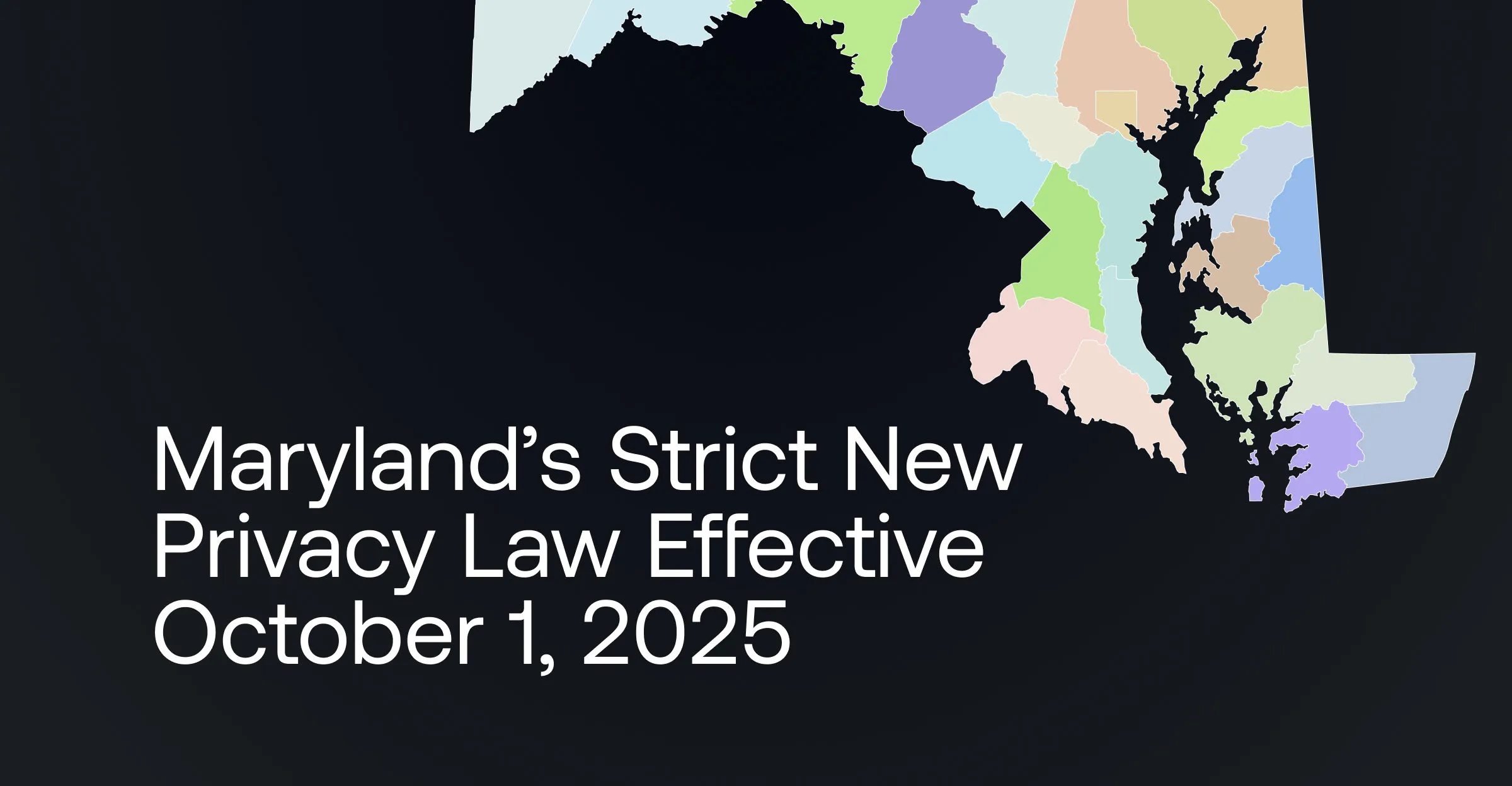What are the 7 Principles of GDPR? And Why Do You Need Them?

Every day the world is storing 2.5 quintillion bytes of data. With companies like Facebook or Google tracking your every move both in the virtual and real world, your data might be among that data. With smartphones and social media being everywhere, it doesn’t take much to extract all your personal information within seconds. And there’s no telling what company is storing your data and what they are doing with them while you innocuously sign up just for the newsletter. They can sell it to other sources throwing your personal information like contact details, computer location, race, age, sexual orientation in a labyrinth. And that’s where the concept of data protection law comes in.
And General data protection regulation, also known as GDPR, is the law that changed the entire landscape of data protection. Let’s read on to learn what GDPR means and how it can affect you as an individual or a business owner.
What Is GDPR?
General data protection regulation (GDPR) is a law that provides the citizens more control over their personal data and compels the business to be more transparent about their use of data. GDPR was activated on May 25, 2018, to protect European Union citizens and companies from data violations. GDPR brought all of its 27 member countries under the same data protection law. From hotel business to online shops, this universal law applies to every business.
What Are the 7 Principles Of GDPR?
- Lawfulness, Fairness & Transparency
- Purpose Limitation
- Data Minimization
- Accuracy
- Storage Limitation
- Integrity & Confidentiality
- Accountability
As an individual or a business owner, you need to learn some basics about the GDPR. Seven principles guide the data protection law. These are the basis for any compliance program.
Lawfulness, Fairness, and Transparency
According to this principle, you should collect data in a lawful manner, process the data only the way you promised the subject, and be upfront about your data collection. The lawful data processing should follow all the data protection rules that GDPR implies.
Lawfulness
The lawfulness of data processing involves six different ways-
- Consent- if the client provides consent, you can collect their data
- Contract- if you are drawing up an agreement with the client and the contract requires you to have their data, (e.g. you need staff data for payroll purposes)
- Legal obligation- to process a legal obligation
- Protection of vital interest- if the data processing is essential for the survival of the subjects or another individual, for instance, if you need staff data for an emergency medical condition
- Public task-if the data processing is necessary for a task relating to the public interest
- Legitimate interest- if the processing is necessary to carry out a legitimate interest
Transparency and Fairness
Fairness means you should adhere to the promise you made with the subject while collecting the data. Any breach of the contract will be regarded as a legislative violation. Transparency is notifying the subject about what you will do with the data and who can potentially access the data. Transparency is the key element of these principles for the clients; it enables individuals to understand their rights and provide informed consent accordingly.
Purpose Limitation
According to the GDPR legislation, while you collect data from a subject, you have to mention the specified explicit and legitimate purpose of the data processing. You can no way alter the purpose of the data processing after the collection. Once you have collected the data, you can’t use it for any other purpose; the GDPR allows you to incorporate the data only for the purpose you have already disclosed to your subject. If you need the same data for a different purpose, you have to seek the subject's consent again by properly mentioning the additional purpose. However, if the additional processing aligns with the primary process, you can use that data. You will need new consent if the additional processing is entirely new, unexpected, or have a negative impact on the subject.
Data Minimization
According to the GDPR, the personal data you collect for processing should be adequate and relevant and to the extent to which it is necessary. GDPR requires you to justify the collected data, and you must have the necessary documentation for that. For instance, if you need data for an email subscription, only collect the email address, and the first name; collecting any information other than that might be unlawful. As a business owner, you should collect only the base level data you need to fulfill your specific purpose; and if you can fulfill the purpose without collecting any data, all the better. Crossing that threshold for data collection can turn out as a violation.
Accuracy
The data you collect or store should be accurate and up to date. Holding inaccurate data on any individual itself can turn out to be a violation. Inaccurate data should be erased from your database. If you need regular data updates, include them in your data policy. Conduct regular data accuracy checks to make sure your database is up to par. The subject can implement the rectification right to erase their inaccurate data from your database from the subject’s end.
Storage Limitation
Storage limitation indicates how long you can keep the data. Every collected data has an expiration date, after which you lose the right to store that data. The subject must be aware of this storage limitation date. Every data processing comes with thorough justification, and you need to set up a proper data deletion process, so you don’t store that data longer than necessary.
Integrity and Confidentiality (Security)
It is your responsibility to guard the collected data so that they don’t get mishandled, accidentally lost, or compromised. In case of a cyber-attack, you should adopt anonymization or pseudonymization, so the identity of the person whose data you have collected remains undisclosed.
Accountability
Accountability implies you will be responsible for every step of data processing. For the highest level of accountability practice, you have to document every step and justify them. If you have a large organization with complicated data processing, you need to automate your documentation and GDPR compliance system.
Why Do You Need These GDPR Principles?
These principles guide the detailed legislation, working as building blocks for GDPR. While these principles might seem indefinite or somewhat vague compared to the actual legislation, they should be the core of your GDPR compliance program. Even if you follow through the specific laws that are more detailed and comprehensive, you won’t grasp the full picture of data protection legislation without these principles. And let's not forget, if you fail to comply with these principles’, you will have to bear a hefty penalty of £17.5 million or 4 % of your annual income and other major penalties. Lets start your compliance journey with GDPR Data mapping tool
The Bottom Line
In a world where data is considered the most powerful resource, it’s no wonder there will be some strict law guarding people's data against big corporations and even the government. And GDPR is the comprehensive law that can guide your online data policy. To follow through with these principles and GDPR compliance, consider automating your compliance system.

.webp)

